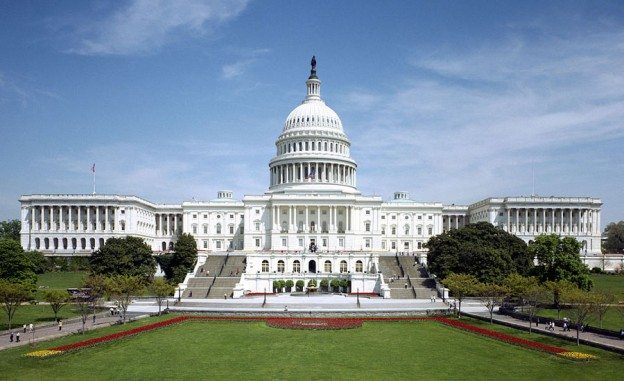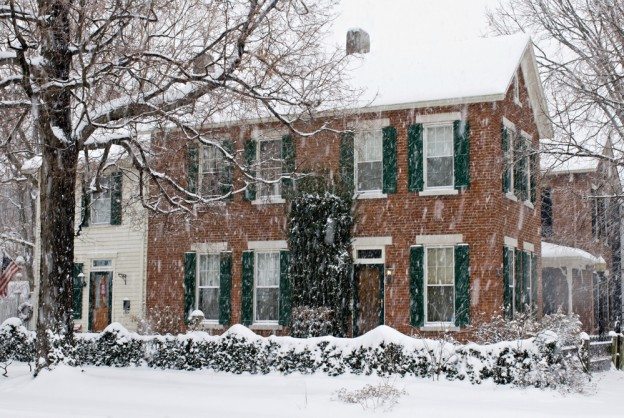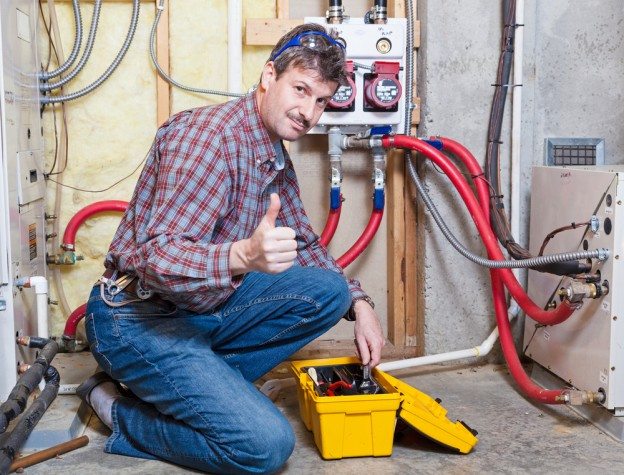If passed, the pending 92% furnace law could cause the price of furnaces in the United States to soar out of control.
The Department of Energy has proposed a law that all new combustion systems need to be at least 92 percent efficient, as ranked by the AFUE (annual fuel utilization efficiency) system. AFUE measures combustion systems like furnaces and boilers, telling shoppers how efficient each system is.
Wrong Numbers
The DOE made many assumptions about installation costs, which after closer analysis, weren’t correct. That destroyed the original economic analysis of a combustion system’s life cycle. The end results looked fantastic for homeowners at first blush — but critics say that the DOE was exaggerating the benefits.
In some cases, homeowners may not be able to justify having a furnace functioning at 92 percent, with over one-quarter of southern homeowners never enjoying a payback. Only homeowners in select regions will benefit from this standard, and that has many wary of the proposal.
The installation costs of a 92 percent furnace can be staggering. No matter how much you may save in energy costs, in some situations you’ll never enjoy a true payback. Venting will also cost more for these furnaces compared to basic, non-condensing options.
The chief technical advisor of AHRI recently released figures from its own study and found that many times, the justification for 92 percent standards just aren’t there.
More Than One Type of Green
Many homeowners and HVAC professionals want greener options for heating and cooling. However, requiring homeowners across the country to only install highly energy-efficient combustion systems that are much more expensive up front might not be the best approach, particularly when over 30 percent won’t ever get a payback.
The House Subcommittee on Energy and Power drafted a law that would put off the DOE’s proposal to require the 92 percent standard, but the final ruling likely won’t be made until the end of the year.
If you already have a furnace or boiler installed that isn’t 92 percent efficient, you will not be required to replace it if the law passes.
Homeowners interested in greening up their current system can start by scheduling routine maintenance checks and adopting best practices to reduce consumption (like bundling up a little more in the winter). Call Sandy Heating & Air Conditioning for all your furnace needs, from installation to annual inspections.



